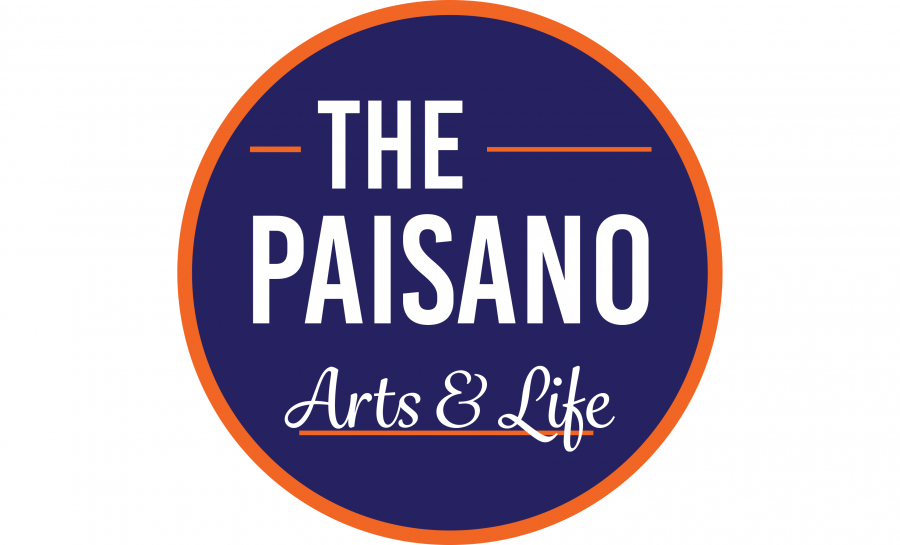__gallery.jpg)
Courtesy of Amanda Dansby / The Paisano
Under the Sombrilla, one can smell an
assortment of food. Burgers, fajitas, barbeque, pizza, the list goes on.
However, at one booth, meat is not an option.
Instead, the menu consists of vegetarian food with a healthful entrée, steamed
rice, banana bread and a refreshing drink made of organic materials.
UTSA’s student organization (CFAST), Club For
Applied Spiritual Technology, offers students all-you-can-eat vegetarian meals
every Tuesday and Thursday, all for a small fee of $5.
Michael Evans, supervisor of CFAST, describes
the club’s activities as “bringing healthy back.” All of the food is made fresh
that morning and is strictly vegetarian.
On Tuesdays, the menu features a
fan-favorite—Kofta, veggie balls comprised of various vegetables and chickpeas
with a heaping of tomato sauce poured on top.
The menu on Thursdays changes often but one dish that is
regulary featured is North Indian cauliflower potato curry, white rice, a fresh
salad and banana bread with blueberries as the main ingredient.
Before the pans can even be set down, a small
group starts to gather to buy the healthful offerings. Five dollars is all that
CFAST asks for the heaping helpings of food. The food is a great option for
students looking for a vegetarian or healthy option.
Isaac Ayala, a UTSA junior and public
relations major, said that he comes regularly “because the food is delicious
and it’s really healthy.”
Omar Bassam Thannoun, another student buying
food from the booth states, “I like the food; it’s really good. I recently
became a vegetarian, so this is like a really easy campus option for me.”
Evans elaborates. “We come out here and we
offer a healthy vegetarian alternative because there are a lot of vegetarians
on campus that don’t really have much to choose from, and we try to cook as
much as we can with organic and non-GMO foods,” he says.
According to the Daily Democrat, “GMOs (also
called GM products or GE products for genetically engineered) are plants or
animals created through the gene-splicing techniques, merging DNA from
different species so the GMO can be hardier, drought-resistant, withstand
direct application of herbicide and/or produce an insecticide.”
Non-GMO food is not only for vegetarian
students, but also for those who enjoy healthier options.
“I’m not even vegan or vegetarian. I just
love the food; it feels healthy,” states Sandra Gomez, a senior public
relations major and psychology minor.
It’s never a bad time to start eating healthy
and CFAST helps to make the difficult transition from processed and packaged
foods a little bit easier. “The banana bread is our signature,” states Evans,
but healthy food is only one small part of what CFAST offers students.
At CFAST’s weekly meetings, the themes of
spirituality and meditation are explored. The club meets every Wednesday at 7
p.m. in the Hawthorne room, at UC 2.01.34.
“The spirituality that we apply is from India, (we also refer
to a large body of texts) called the Vedas” states Evans. “It’s an informal
thing. We usually have a guest speaker. We work with a (local) ashram, which is
a place of study and learning for monks that study the Vedas.”
CFAST’s meetings are informal; they really
want to hear what students are thinking and the problems concerning students.
Different topics are discussed each week.
Evans explains the set up for the meetings
stating that “a different monk will come, and it’s pretty open forum—whatever
is on students’ minds. Yesterday we talked about karma and reincarnation and
how it all relates to the global media and how it makes us think and feel
things.”
Colloquy is usually discussed in a way in
which correlations can be drawn to see the differences and similarities between
western and eastern ways of thinking about different topics.
“It’s kind of how they relate together. You’ve
got this eastern, very ancient tradition over 5,000 years old, and then you’ve
got the modern, western, capitalist, consumerist juxtaposition. They’re
definitely different, but you can apply the science of the eastern to our
modern lives because it’s timeless knowledge,” states Evans.
Students are encouraged to come and talk
about anything.
Evans encourages student participation. “It
can really help one cope with all this manufactured stress. It’s not really who
we are or what we are but getting back to the essence of what a human life
should be (while) in the midst of all this craziness of the modern world that
we live in. Students just come and talk about kinds of things.”
Head to a weekly Wednesday night meeting in the Hawthorne
Room (UC 2.01.34) or visit their Facebook page at www.facebook.com/UTSACFAST
for more information.






